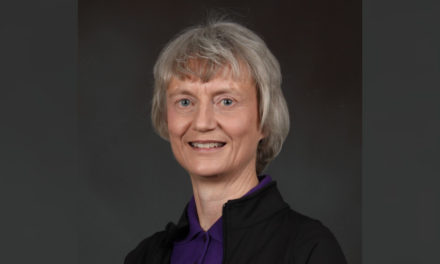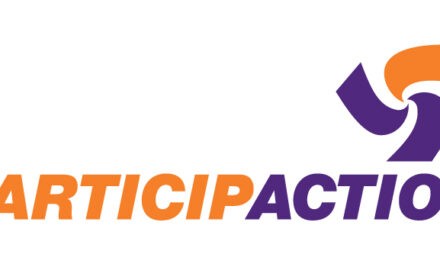Junior Research Chair Dr. Katie Gunnell is lead author on a book chapter, “The Effect of a Best Possible Physical Activity Self Intervention on Psychological Need Satisfaction, Well-Being and Physical Activity”, in the recently published book, Theories of Psychology: Fundamentals, Applications and Future Directions. Citation details and a summary of the book chapter are below.
Gunnell, K. E., Crocker, P. R. E., Mack, D. E., & Zumbo, B. D. (2015). The Effect of a Best Possible Physical Activity Self Intervention on Psychological Need Satisfaction, Well-Being, and Physical Activity. In C. Higgins (Ed.). Theories of Psychology: Fundamentals, Applications and Future Directions (pp. 1-13). Nova Publishers.
ABSTRACT: Objectives: The purpose of this study was to examine the effectiveness of a best possible physical activity self intervention on perceived psychological need satisfaction, well-being, and physical activity. Method: Participants (N = 53, Mage = 42.45, SD = 13.09 years old) were randomized into one of three groups: (a) a best possible physical activity self group, (b) a best possible physical activity self plus psychological need satisfaction primers, or (c) a control group. Participants completed self-report measures at baseline (week 0), one week after the writing intervention (week 5) and one month following the post-intervention questionnaire (week 9). Results: Participants in the two interventions groups (combined) demonstrated increased positive affect one week after the four week writing intervention compared to the control group (p = .03, η2 = 0.09). No other statistically significant (p < .05) differences were found on perceived psychological need satisfaction, meaning, subjective vitality, negative affect, or physical activity across groups at post-test or at the 1 month follow-up. Conclusions: Although the intervention led to increased positive affect at post-test, the intervention was generally unsuccessful at affecting targeted outcomes.





